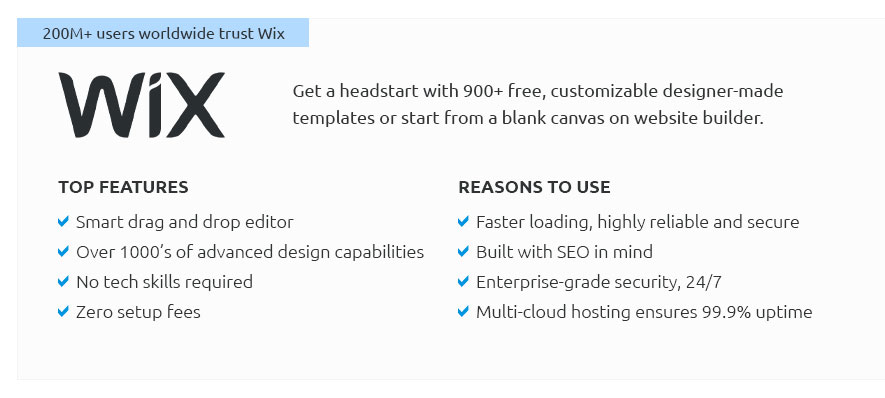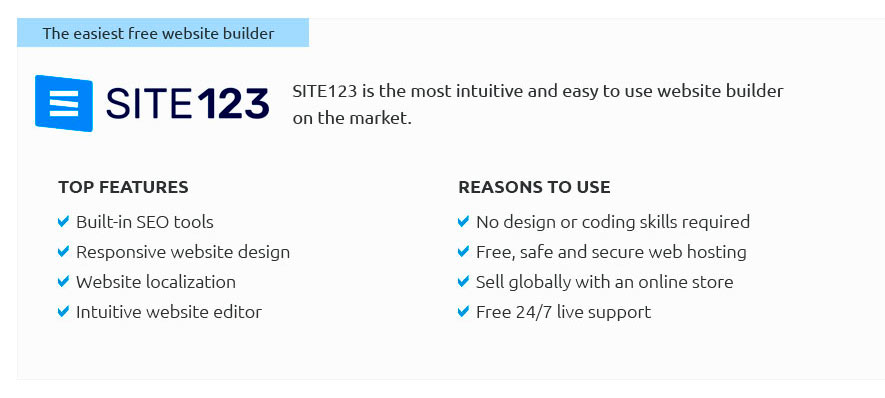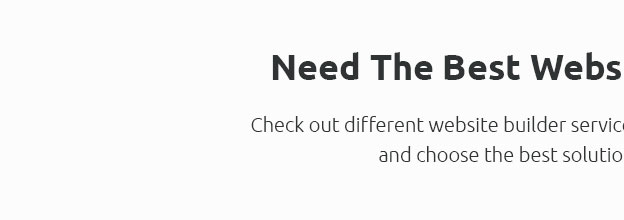 |
 |
 |
 |
|
 |
 |
 |
|
 |
|
 |
 |
|
 |
|
 |
|
 |
 |
The Best Way to Develop a Website for Beginners and ProfessionalsCreating a successful website can seem daunting, but with the right approach, anyone can develop a functional and visually appealing site. This guide covers some of the best practices to follow. Understanding Your NeedsBefore diving into development, it's crucial to clearly define the purpose of your website. Are you building a personal blog, an e-commerce platform, or a portfolio site? Understanding your goals will help guide your decisions throughout the process. Research and PlanningResearch similar websites and identify what you like about them. Make a plan or a wireframe to outline the structure and flow of your site.
Choosing the Right ToolsThere are numerous tools available for website development, ranging from content management systems to coding environments. Your choice depends on your skill level and project requirements. Content Management Systems (CMS)Using a CMS like WordPress can be an excellent choice for beginners as it offers flexibility and a plethora of templates. Check out creating a webpage for more insights on how to select the right CMS. Custom DevelopmentFor those with coding knowledge, custom development offers the most flexibility. This involves using languages such as HTML, CSS, and JavaScript to create a tailored site. Design and UsabilityDesign plays a critical role in the success of a website. A clean, intuitive design can significantly enhance user experience and engagement. Responsive DesignEnsure your website is responsive and looks good on all devices, from desktops to smartphones. NavigationKeep navigation simple and logical. Users should be able to find what they are looking for without frustration. Content CreationContent is king when it comes to attracting and retaining visitors. Ensure your content is relevant, engaging, and regularly updated. SEO Best PracticesImplementing SEO strategies is crucial for increasing your site's visibility. Research keywords and optimize your content accordingly. For additional tips on how to make your own website for free, explore various online resources and tools that can assist you. Testing and LaunchBefore launching, test your website thoroughly to ensure all features work correctly and there are no broken links. Feedback and IterationAfter launch, gather user feedback and continuously improve your site based on that input. FAQsWhat are the essential tools for website development?Essential tools include a good text editor, a reliable CMS like WordPress, and design software like Adobe XD or Sketch. How important is responsive design?Responsive design is crucial as it ensures your website is accessible and looks great on all devices, enhancing user experience and engagement. https://stackoverflow.com/questions/6654379/whats-the-best-way-to-start-developing-big-website
I would recommend you start by writing down major requirement that will make your site functional and from there on break does major requirements down to ... https://mailchimp.com/resources/guide-to-website-development/
How to develop a website ; Creating wireframes and mockups - Thinking about user experience - Exploring branding and visual elements ; Choosing a development ... https://teamtreehouse.com/community/best-way-to-create-and-take-a-website-live
My biased web developer's answer: Yes, learn to code and develop your website by hand. GoDaddy's site builder tool is...
|